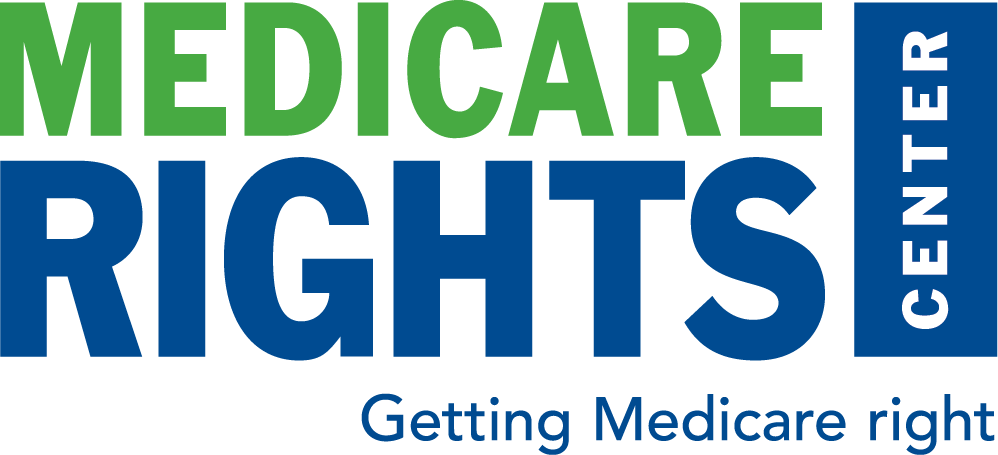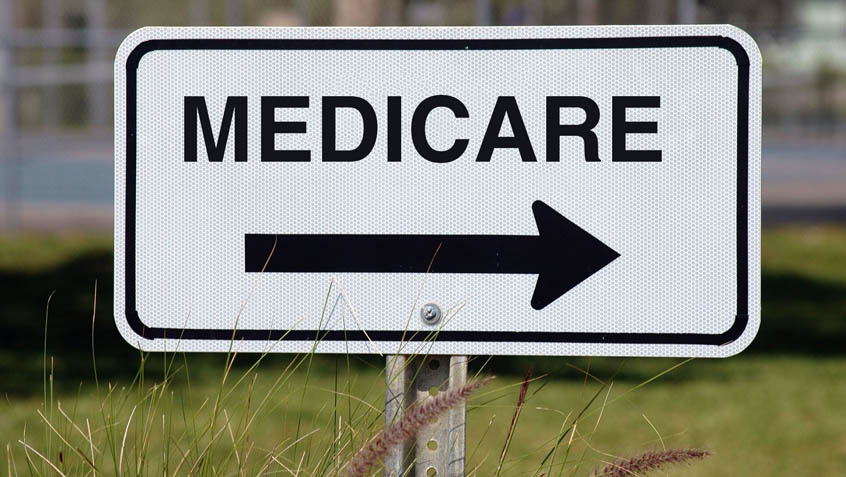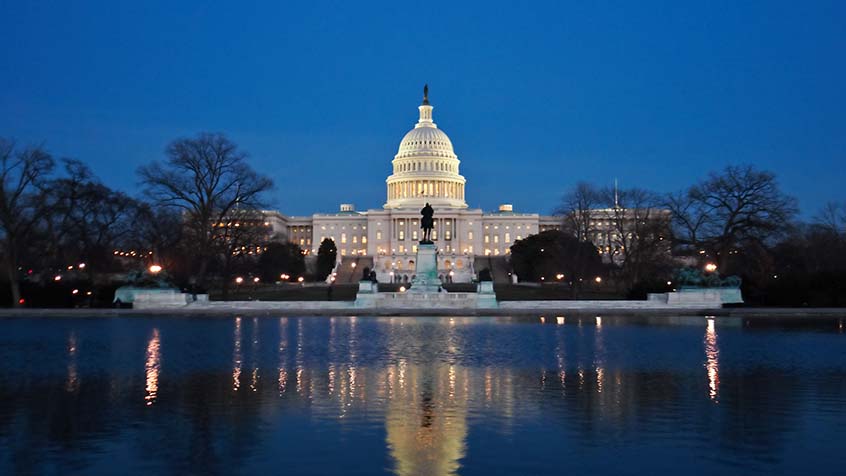
Poll Finds Many Americans Worried about Health Care Costs and Struggle to Afford Care
A recent poll and study by Gallup and West Health found that most Americans are worried about rising health care costs, and many are also concerned about bankruptcy from major health events. Older adults have somewhat more confidence about their access to quality care than younger people, but they still experience difficulty with affordability, especially when it comes to paying for prescription drugs. These findings and more are an important indicator that more must be done to bring down health care costs.







